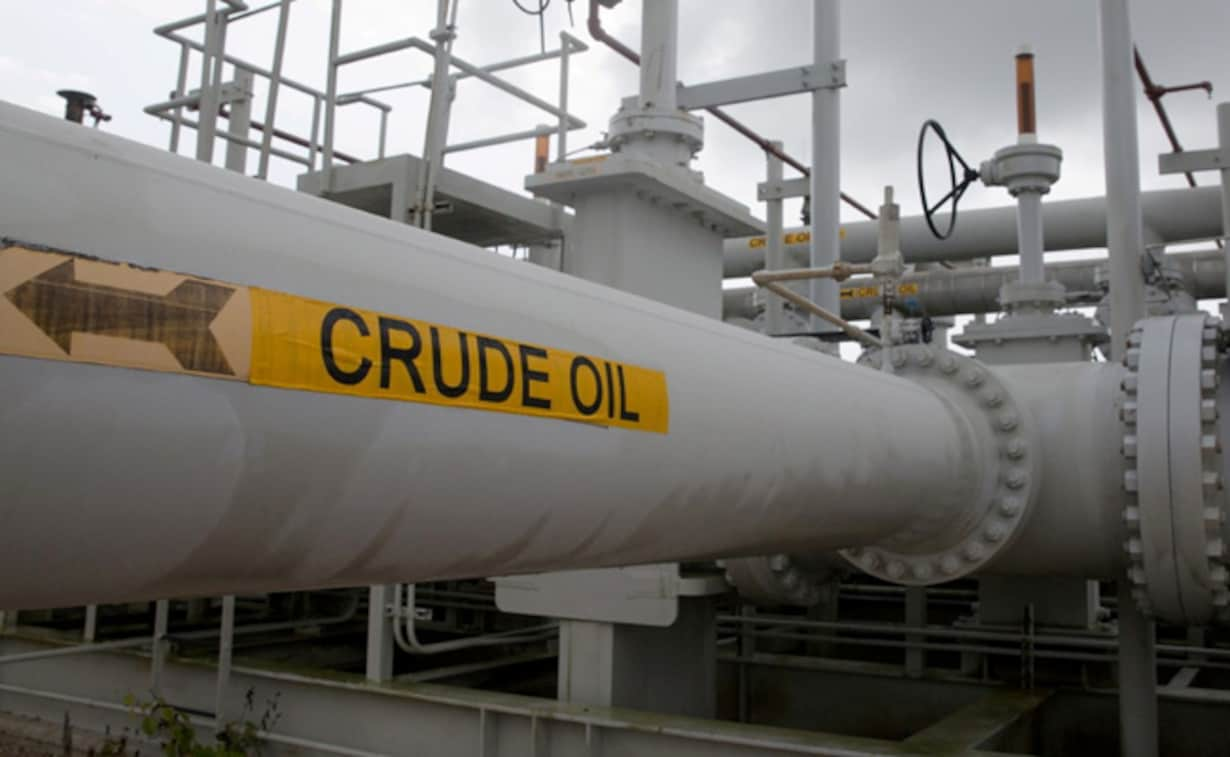
Lower crude oil prices likely to tilt Indian imports towards Iraq and UAE
NEW DELHI : Industry sources have said that crude oil purchases in the first quarter (April-June) of 2024-25 would remain tilted towards Russia if Brent crude prices remain above $81 per barrel, officials at state-owned refiners said.
However, it may swing towards crude from Iraq and the United Arab Emirates (UAE) if prices fall beyond that level, even if for a few days, they added.
On Wednesday, crude oil prices fell to a two-month low of Rs 79.87 per barrel due to low demand growth predicted by the International Energy Agency.
Brent Last Day Financial prices stood at Rs 80.38 at the time of writing this report on Thursday.
While India is keen on diversifying its sources of crude and wants to raise the share of traditional partners like Iraq, Saudi Arabia, and the UAE in the import mix, the levels of discounts offered by Russia in the short term are expected to remain higher, refinery officials said.
After shrinking for a few months in May last year, the level of discount rebounded later in the year. It has remained in the range of $4-6 per barrel in 2024 so far.
India’s largest historical oil supplier, Iraq, had undercut Russia beginning in late June by supplying a range of crudes that on average cost $9 a barrel less than Russian oil.
The extremely price-sensitive market had therefore shifted heavily back in favour of Iraq.
Advantage Russia
As of April, India imported more than 1.72 million barrels per day (b/d) from Russia, the highest level in nine months.
Russia’s crude market share in India rose to 40 per cent in April, up from 30 per cent last month, estimates made by London-based commodity data analytics provider Vortexa, which tracks ship movements to estimate imports, shows. The market share is close to the historic high of 42 per cent.
The rise came despite rising US sanctions on Russia-related shipping companies and narrowing discounts of Russian Ural crude against Brent, curbing Indian refiners’ interest in Russian crude.
Refinery officials say imports from Russia are also expected to stabilise given that issues regarding payment have subsided.
Indian refiners were earlier finding it difficult to pay in currencies other than the dollar, as demanded by Russia after it was hit by international sanctions. But now that issue has largely subsided owing to the widespread use of the UAE dirham, they stressed.
However, the latest spate of US sanctions targeting Sovcomflot has curtailed India’s imports of Sokol crude.
According to Vortexa, Sokol inflows declined to 30,000 b/d in the first three months of 2024, down from an average of 140,000 b/d in 2023.

